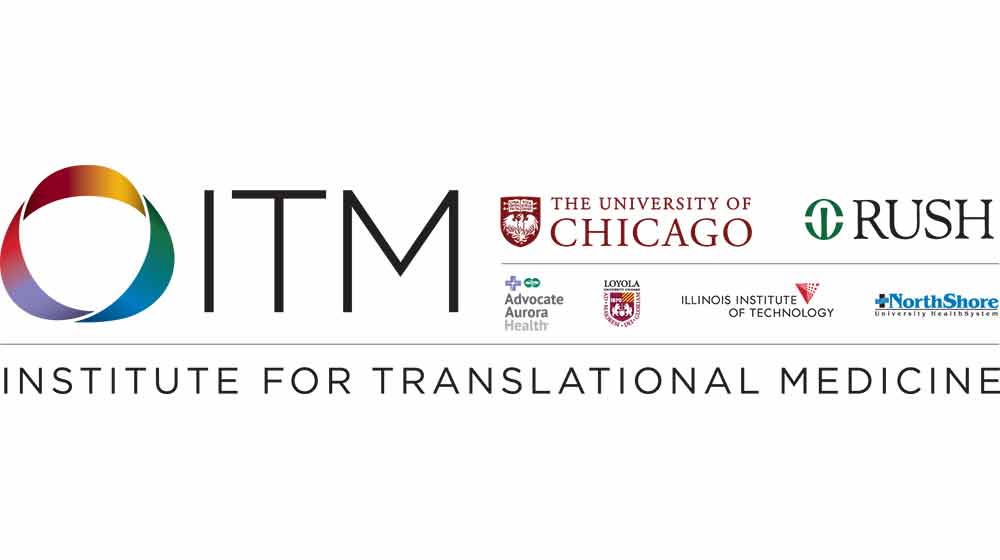NIH awards partnership a $51 million grant

Loyola University Chicago is one of six universities and health systems teaming up to improve health equity in partnership with the Chicago Department of Public Health, community members, nonprofits, and others thanks to a $51 million grant from the National Institutes of Health (NIH).
“We at Loyola University Chicago believe very strongly in social justice and that access to good health is a fundamental human right,” said Elaine Morrato, DrPH, MPH, CPH, founding dean of the Parkinson School of Health Sciences and Public Health at Loyola University Chicago and the partnership lead at Loyola. “We’re focused in both our education and research mission on accelerating the translation of health innovation to populations faster in order to address health equities.”
The NIH awarded the grant to the Institute for Translational Medicine (ITM), a partnership between the University of Chicago and Rush in collaboration with Advocate Aurora Health, the Illinois Institute of Technology, Loyola University Chicago, and NorthShore University HealthSystem. ITM seeks to support health research breakthroughs and getting those discoveries into the real world to improve population health as soon as possible. More than 9.4 million people across Chicagoland live in the ITM coverage area, spanning Cook, DuPage, Lake, Kendall, Will, Peoria, Woodford, McLean, Livingston, Kankakee, Winnebago, DeKalb, and McHenry Counties in Illinois, as well as Lake County, Indiana.
This initiative was motivated in part by The Chicago Department of Public Health’s Health Chicago 2025 community health improvement plan to address health inequity.
This funding will also launch a Community-Based Research Network of nonprofits and other organizations who want to address the health issues plaguing their members by working with physicians and researchers.
“I'm very excited to have Loyola be a contributor and participant in the ITM,” said Meharvan Singh, PhD, vice provost for research at Loyola University Chicago. “We must give the scientific community an opportunity to swing for the fences and I think the ITM helps foster that.”
